Italian poet, playwright and writer, Gabriele D’Annunzio was identified with the Decadents, a group of artists who dealt with the more obscure and irrational aspects of existence. D’Annunzio was born in Pescara on March 12, 1863. At 16, inspired by the classical writing style of fellow Italian Giosue Carducci, he published a collection of poems called Primo vere. In 1881 he moved to Rome. He strove to live his life like a work of art, and with his refined style and indulgent lifestyle, he influenced the tastes of the Roman aristocracy. In 1889 he published The Child of Pleasure, a novel that chronicles the erotic adventures of the author, who had numerous lovers in his lifetime. In the 1890s he began to focus his work on the myth of the superman, inspired by Nietzsche’s philosophy. Nietzsche’s superman is a strong character who stands out from the masses, freeing himself from moral and social restrictions. In 1894 D’Annunzio began an affair with the actress Eleonora Duse. He wrote several plays, including Francesca da Rimini, in which Duse played a starring role. Between 1903 and 1904, he published the first three volumes of his Laudi, a poetic work he left unfinished. In these verses, D’Annunzio described the sense of communion that bound him to nature.
He also celebrated the Italian cities of antiquity, which he saw as symbolizing a glorious past that should inspire contemporary Italy. D’Annunzio proclaimed himself a poeta vate, or artist-prophet [poeta vate = artist-prophet] who supported nationalism and his country’s military enterprises. At the outbreak of World War One he voluntarily enlisted in the armed forces and made a number of widely publicized raids as a pilot. At the war’s end in 1919, D’Annunzio and a group of Italian soldiers marched on the city of Fiume – today’s Rijeka – demanding the annexation of Istria and Dalmatia to Italy. He occupied Fiume until 1920. He was forced to surrender by the Giolitti government, who signed the Treaty of Rapallo with Yugoslavia, making Fiume independent. D’Annunzio was an early supporter of fascism, but was left on the sidelines, out of fear that his popularity would overshadow Mussolini’s. In 1921 he retired to Gardone Riviera, near Brescia, in a villa that he transformed into a museum celebrating his own myth, called The Shrine of Italian Victories. Gabriele D'Annunzio died on March 1, 1938. Because of his ties to fascism, his works were disregarded during the period immediately following World War Two. More recently, his writing has been reassessed, and D’Annunzio is now considered one of the greatest Italian authors of the 19th Century.
He also celebrated the Italian cities of antiquity, which he saw as symbolizing a glorious past that should inspire contemporary Italy. D’Annunzio proclaimed himself a poeta vate, or artist-prophet [poeta vate = artist-prophet] who supported nationalism and his country’s military enterprises. At the outbreak of World War One he voluntarily enlisted in the armed forces and made a number of widely publicized raids as a pilot. At the war’s end in 1919, D’Annunzio and a group of Italian soldiers marched on the city of Fiume – today’s Rijeka – demanding the annexation of Istria and Dalmatia to Italy. He occupied Fiume until 1920. He was forced to surrender by the Giolitti government, who signed the Treaty of Rapallo with Yugoslavia, making Fiume independent. D’Annunzio was an early supporter of fascism, but was left on the sidelines, out of fear that his popularity would overshadow Mussolini’s. In 1921 he retired to Gardone Riviera, near Brescia, in a villa that he transformed into a museum celebrating his own myth, called The Shrine of Italian Victories. Gabriele D'Annunzio died on March 1, 1938. Because of his ties to fascism, his works were disregarded during the period immediately following World War Two. More recently, his writing has been reassessed, and D’Annunzio is now considered one of the greatest Italian authors of the 19th Century.
RELATED
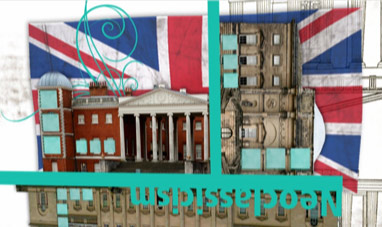

ROBERT ADAM
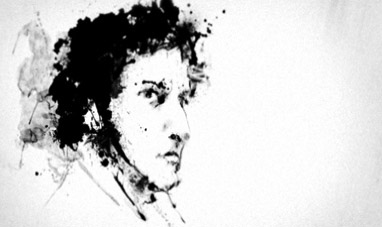

FRÉDÉRIC CHOPIN
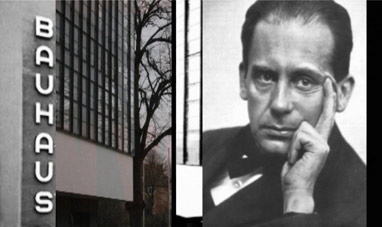

WALTER GROPIUS
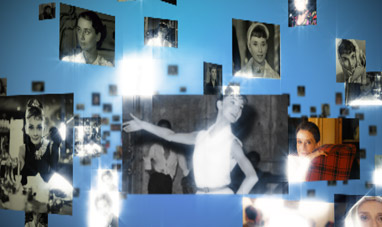

AUDREY HEPBURN
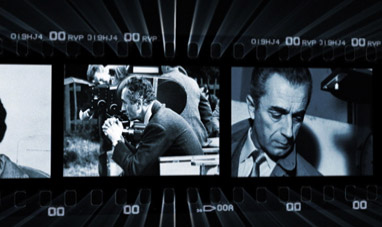

MICHELANGELO ANTONIONI
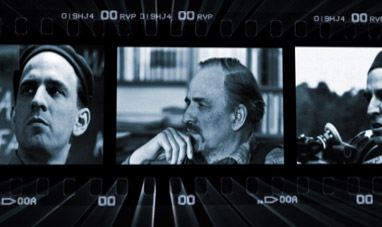

INGMAR BERGMAN
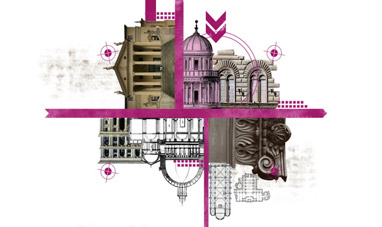

LEON BATTISTA ALBERTI
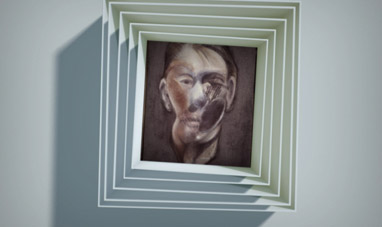

FRANCIS BACON
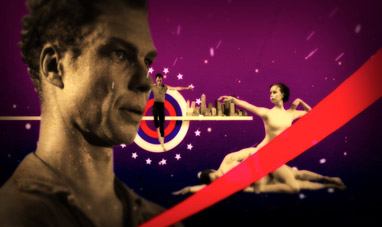

MERCE CUNNINGHAM
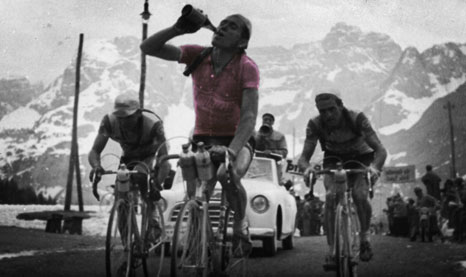

GIRO D'ITALIA


BILLY WILDER
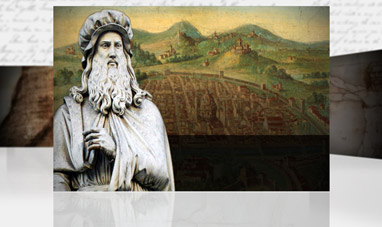

LEONARDO DA VINCI
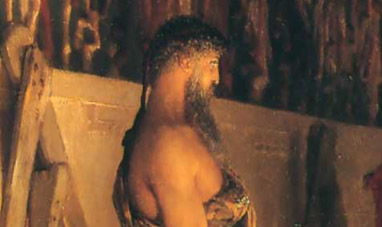

PHIDIAS
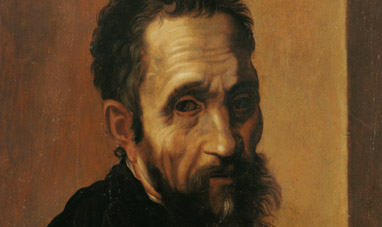

MICHELANGELO BUONARROTI


WOODY ALLEN
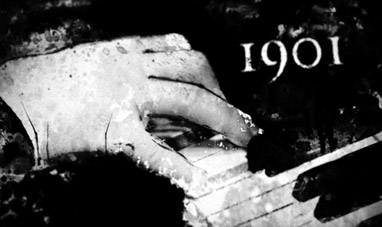

SERGEI RACHMANINOFF
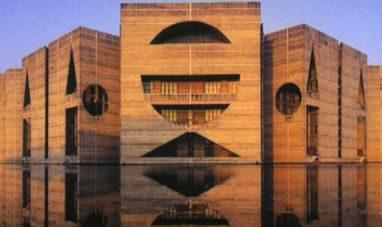

LOUIS KAHN
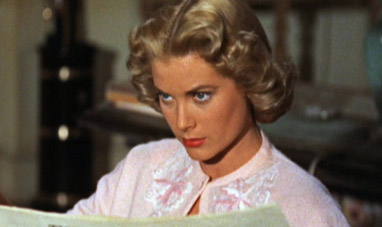

GRACE KELLY
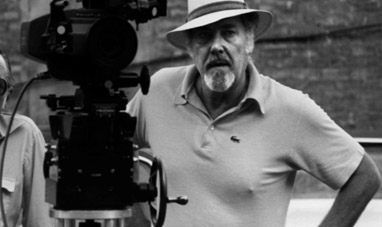

ROBERT ALTMAN
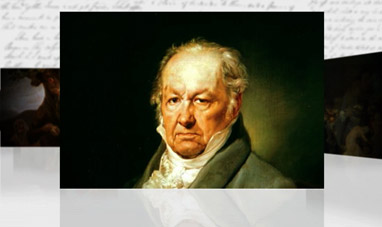

FRANCISCO GOYA
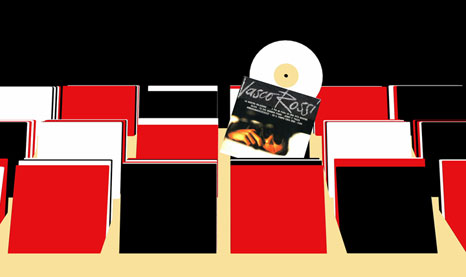

VASCO ROSSI
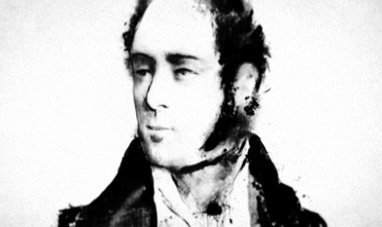

VINCENZO BELLINI
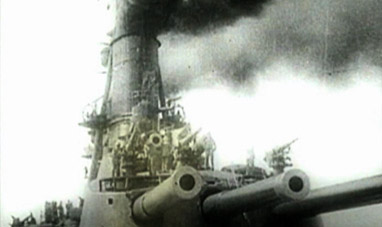

THE OUTBREAK OF WORLD WAR I


CARA DELEVINGNE
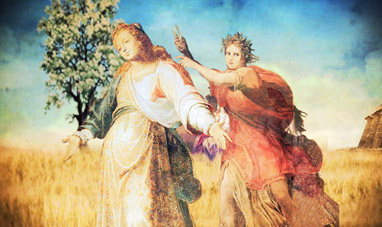

EURIPIDES
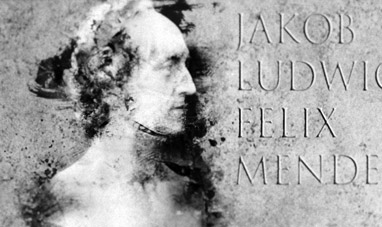

FELIX MENDELSSOHN
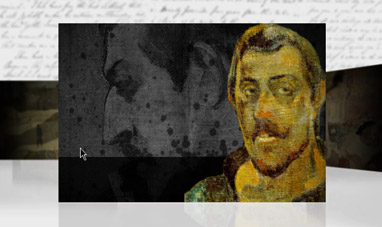

PAUL GAUGUIN


PHARRELL WILLIAMS
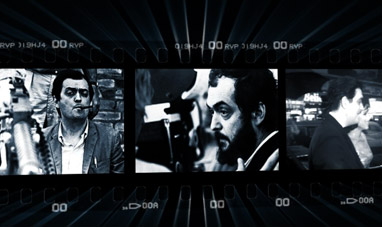

STANLEY KUBRICK
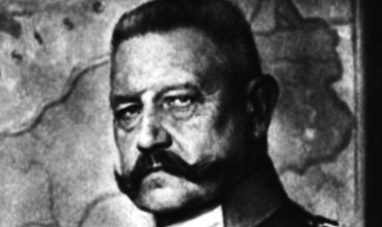

PAUL VON HINDENBURG
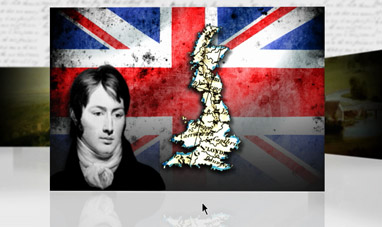

JOHN CONSTABLE
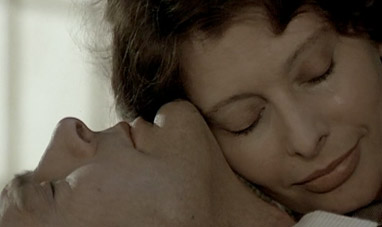

SOPHIA LOREN
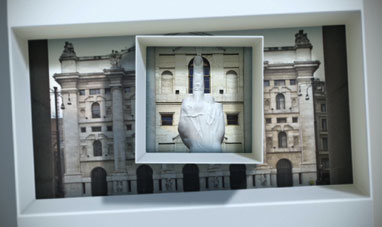

MAURIZIO CATTELAN


CHARLES BUKOWSKI
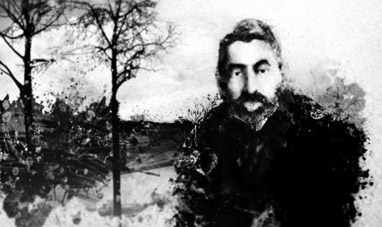

CLAUDE DEBUSSY
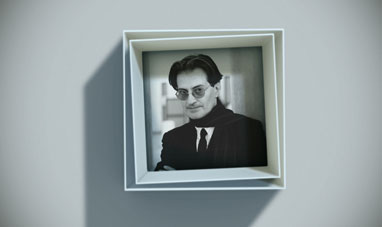

GIULIO PAOLINI
